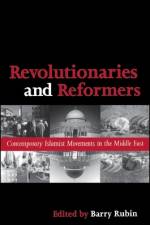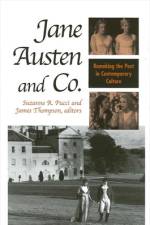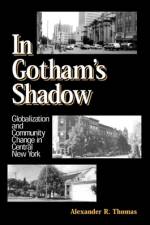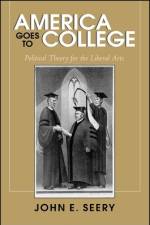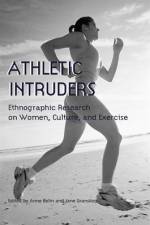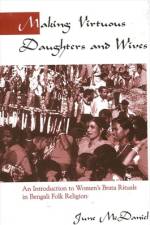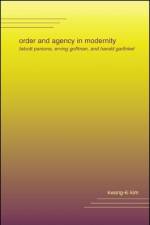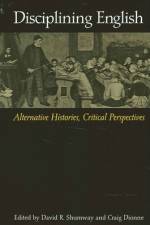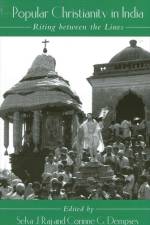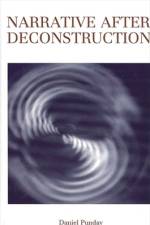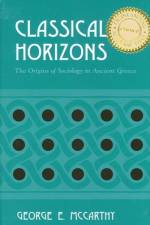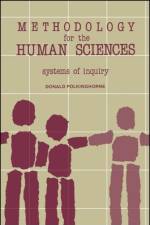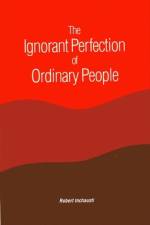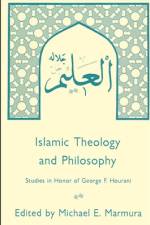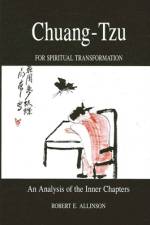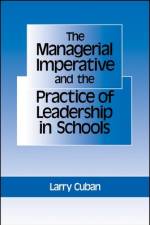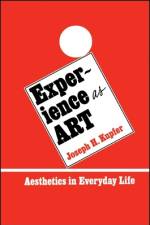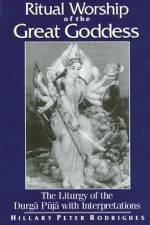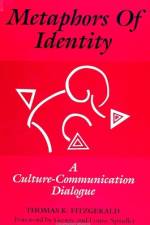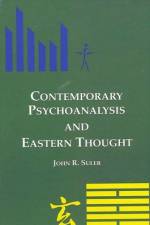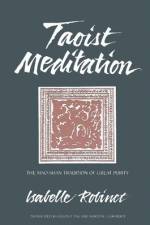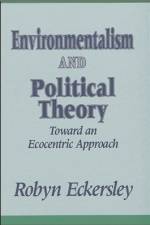av Larry Cuban
389,-
With this significant new work, Larry Cuban provides a unique and insightful perspective on the bridging of the long-standing and well-known gap between teachers and administrators. Drawing on the literature of the field as well as personal experience, Cuban recognizes the enduring structural relationship within school organizations inherited by teachers, principals, and superintendents, and calls for a renewal of their sense of common purpose regarding the role of schooling in a democratic society.Cuban analyzes the dominant images (moral and technical), roles (instructional, managerial, and political), and contexts (classroom, school, and district) within which teachers, principals, and superintendents have worked over the last century. He concludes that when these powerful images and roles are wedded to the structural conditions in which schooling occurs, "managerial behavior" results, thus narrowing the potential for more thoughtful, effective, and appropriate leadership. Cuban then turns to consider this situation with respect to the contemporary movement for school reform, identifying significant concerns both for policymakers and practitioners.This honest, thought-provoking book by a leading scholar, writer, and practitioner in the field represents an invaluable resource-an insightful introduction for those just entering the field and a fresh, new perspective for those long-familiar with its complexities. Cuban's ethnographic approach to the development of his own career and viewpoint, as well as his highly readable style, make this a work of lasting value.


